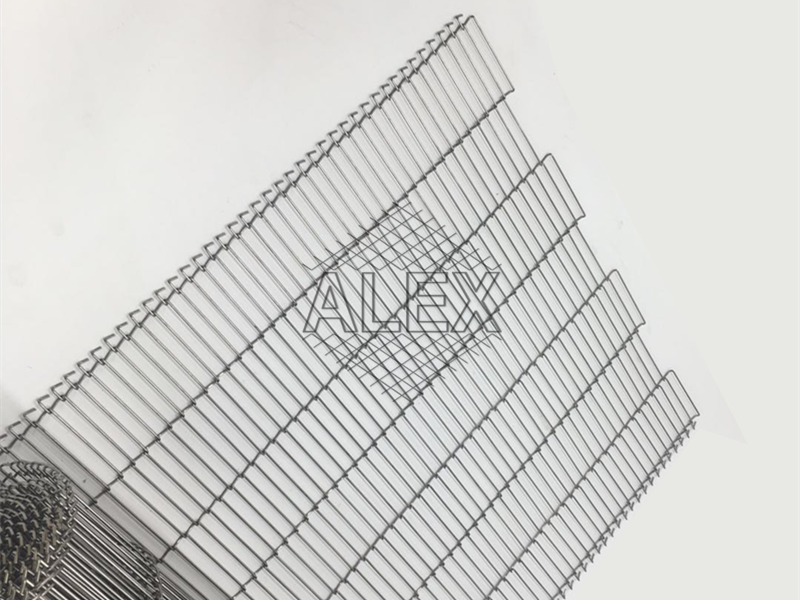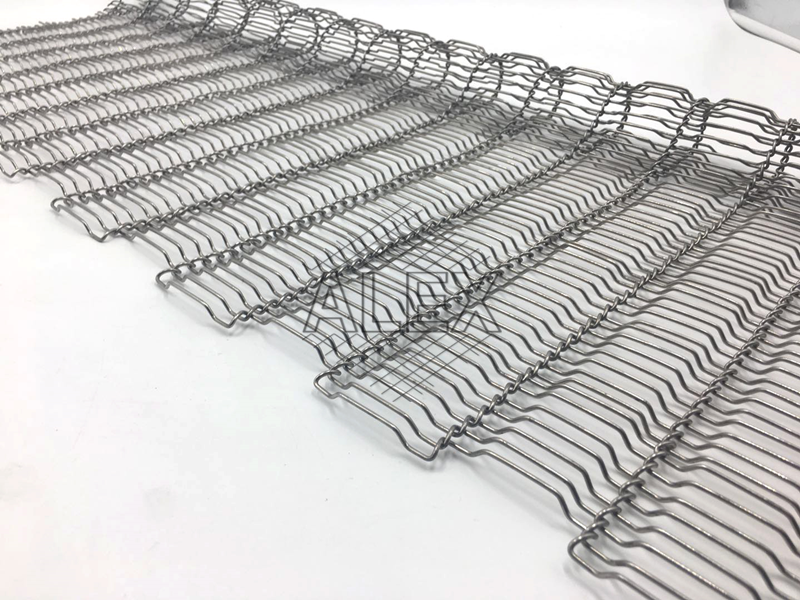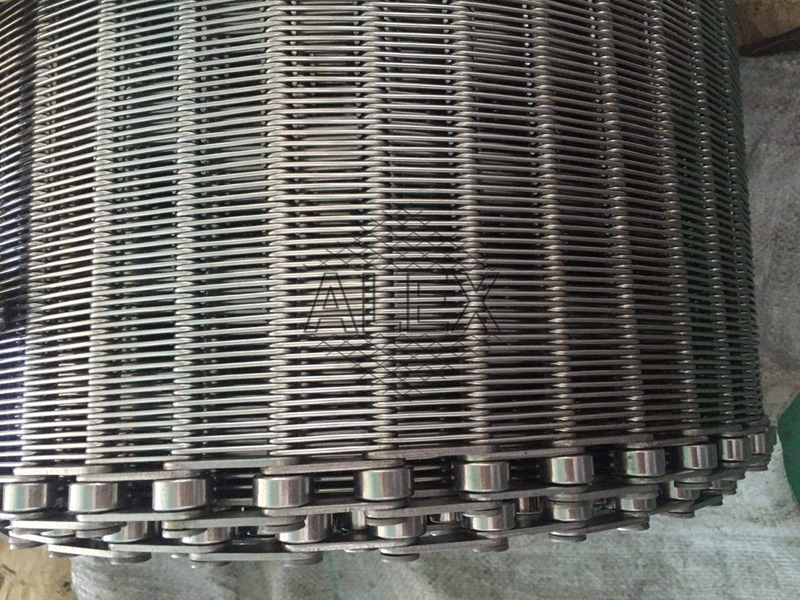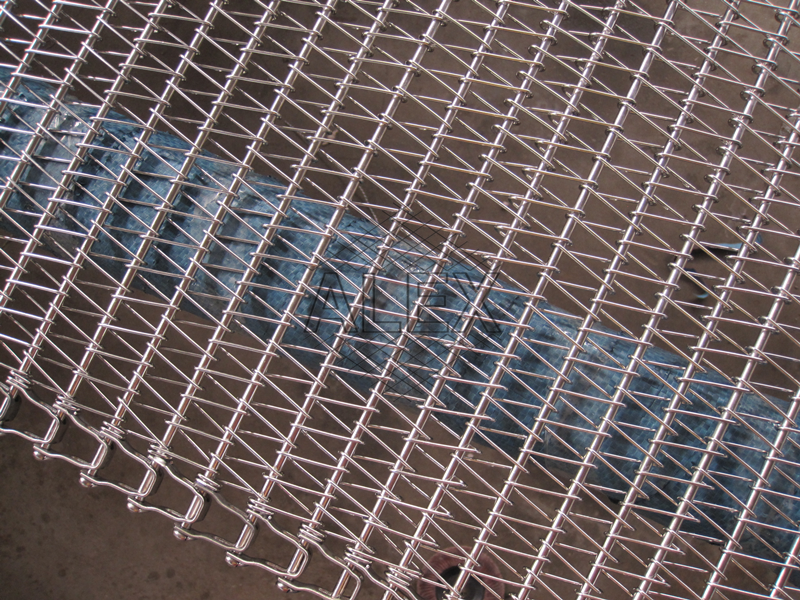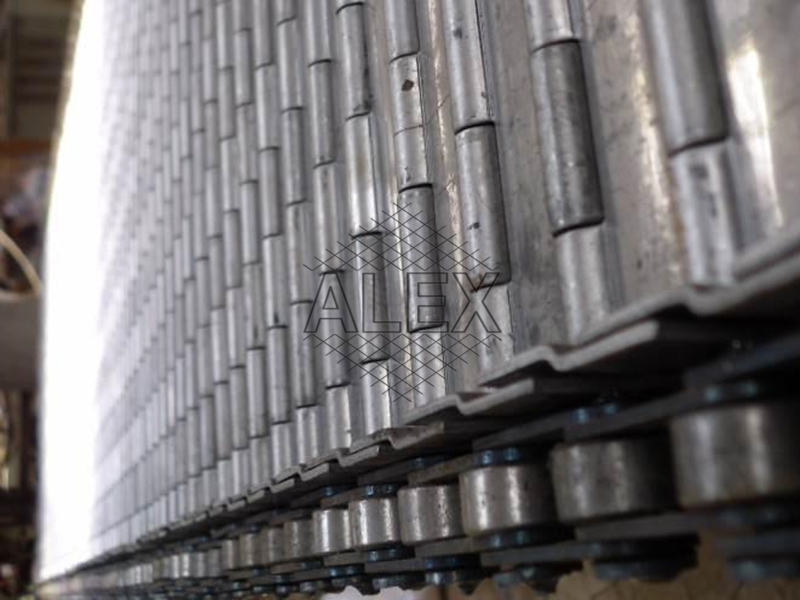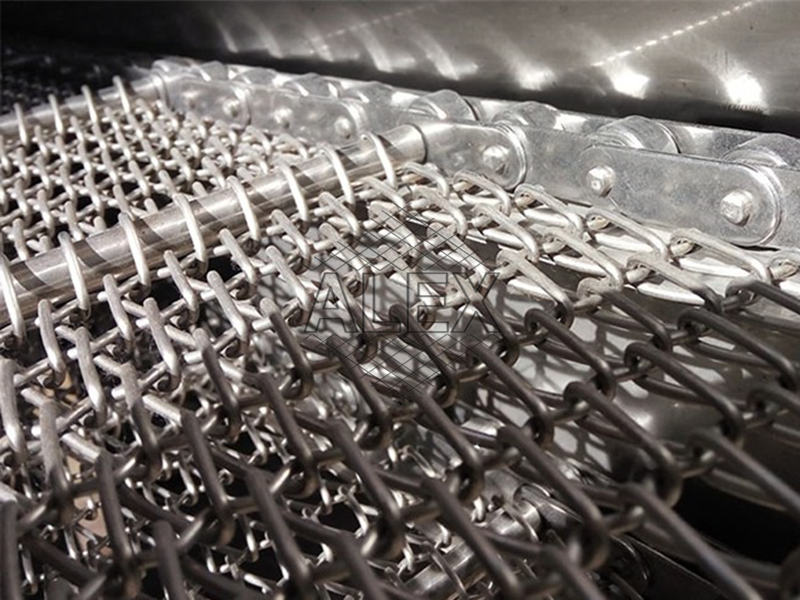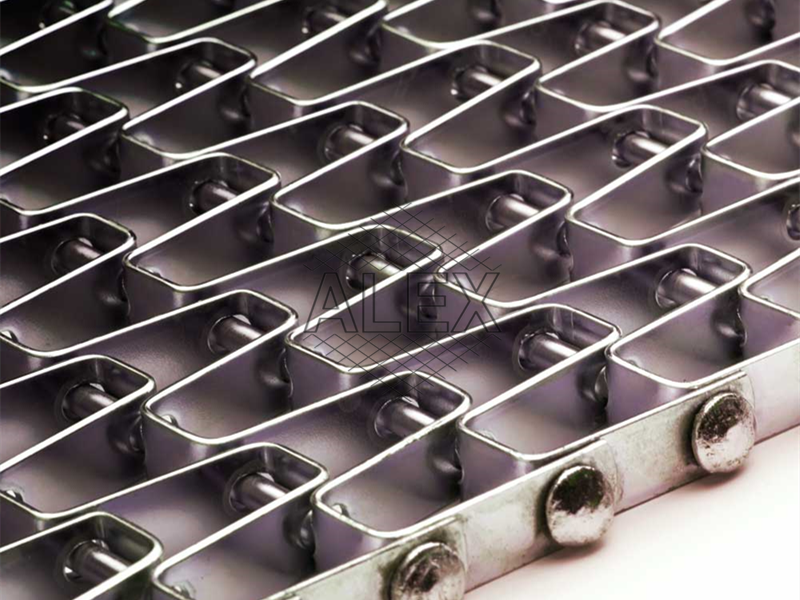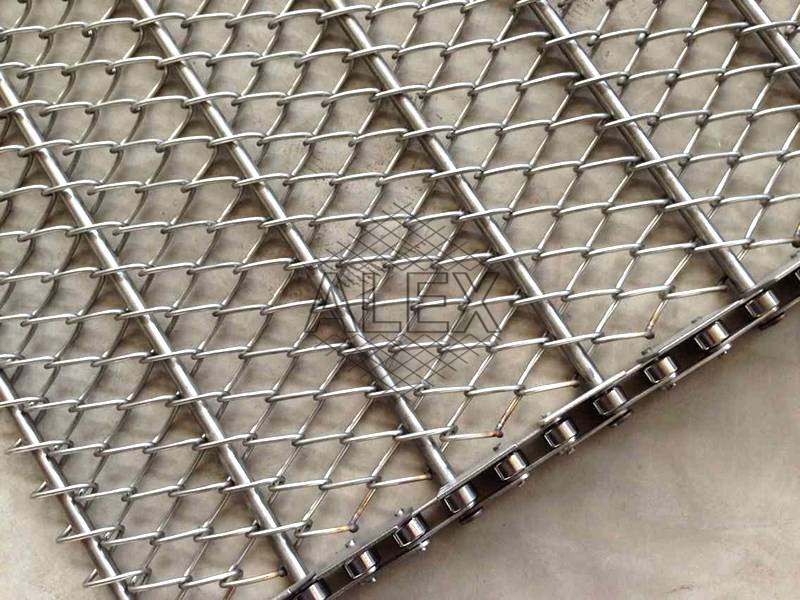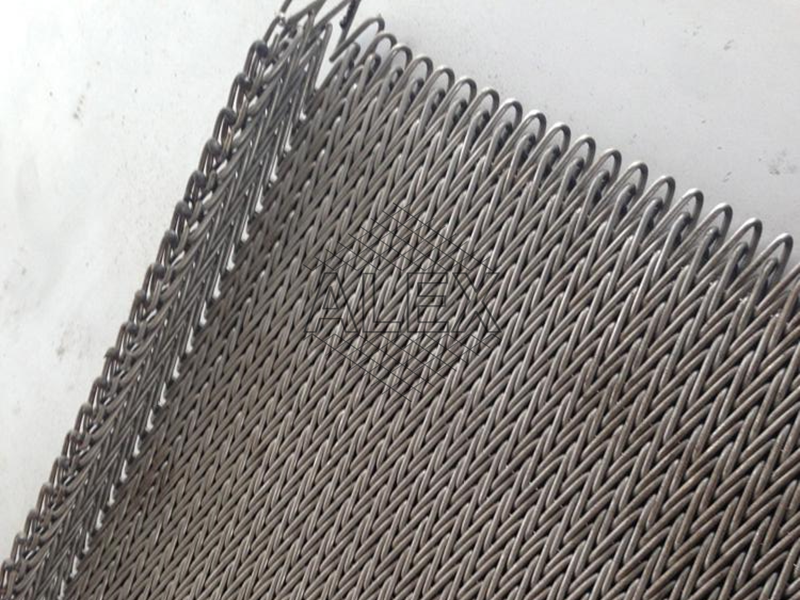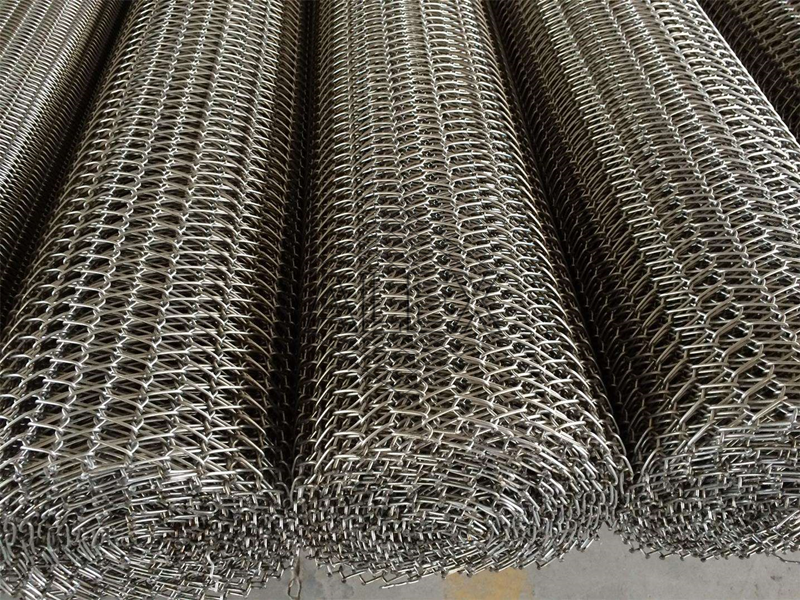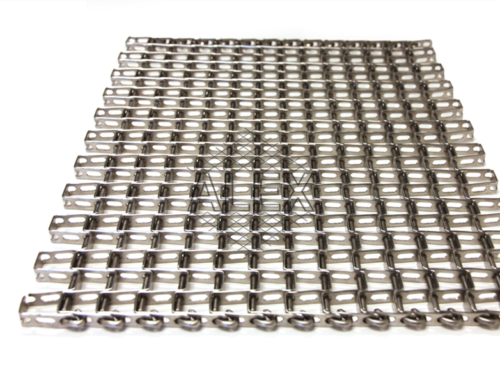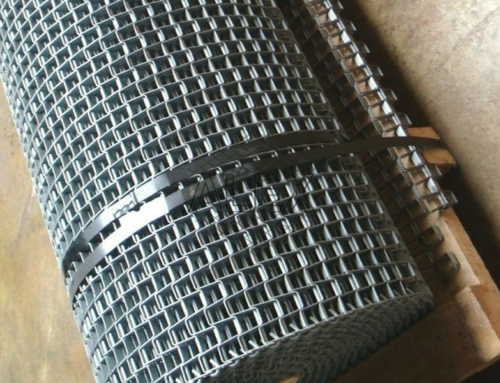Performance and Efficiency
- (1) Conveyor belting ensures smooth material flow.
- (2) It reduces friction, increasing efficiency.
- (3) It allows high-speed material transport.
- (4) It boosts throughput in production lines.
- (5) It optimizes energy use.
Material Compatibility
- (1) Conveyor belting handles various materials.
- (2) It works well with light and heavy materials.
- (3) It transports delicate and abrasive material.
- (4) It performs with powders, granules, and packaged goods.
- (5) It suits different material handling needs.
Maintenance Simplicity
- (1) Conveyor belting needs little maintenance.
- (2) Regular inspection helps detect issues early.
- (3) Durable belt reduces replacement frequency.
- (4) Simple cleaning keeps it in good condition.
- (5) Routine adjustments extend the its lifespan.
Impact on Safety
- (1) This wire belt reduces workplace accidents.
- (2) It ensures smooth operation with less risk.
- (3) Its safety feature prevents injury.
- (4) It improves workplace safety.
- (5) Its consistent performance stabilizes hazardous environments.
Automation Integration
- (1) This metal conveyor belt supports automation.
- (2) It integrates easily with automated machinery.
- (3) It ensures continuous material movement.
- (4) It aids in automated sorting and packaging.
- (5) It boosts robotic system efficiency.
Durability in Harsh Environments
- (1) This steel conveyor belt withstands extreme temperatures.
- (2) It resists chemical exposure.
- (3) It handles rough environments well.
- (4) It performs in both wet and dry conditions.
- (5) Its design ensures long-term reliability.
Reducing Downtime
- (1) This dryer conveyor belt minimizes downtime.
- (2) It ensures continuous material transport.
- (3) Its durable belt reduces the need for maintenance.
- (4) Its quick setup ensures uninterrupted operation.
- (5) Its less downtime increases system efficiency.
Long-Term Cost-Effectiveness
- (1) This conveyor belt system offers long-term savings.
- (2) It reduces the need for frequent replacements.
- (3) It lowers labor costs by automating transport.
- (4) Its low maintenance reduces operating costs.
- (5) It delivers a cost-effective solution.
Adaptability to Changes
- (1) This conveyor belt adapts to system changes.
- (2) It can be modified for different production needs.
- (3) It integrates with new or existing systems.
- (4) It accommodates varying production speeds.
- (5) It adjusts to seasonal production volume changes.


